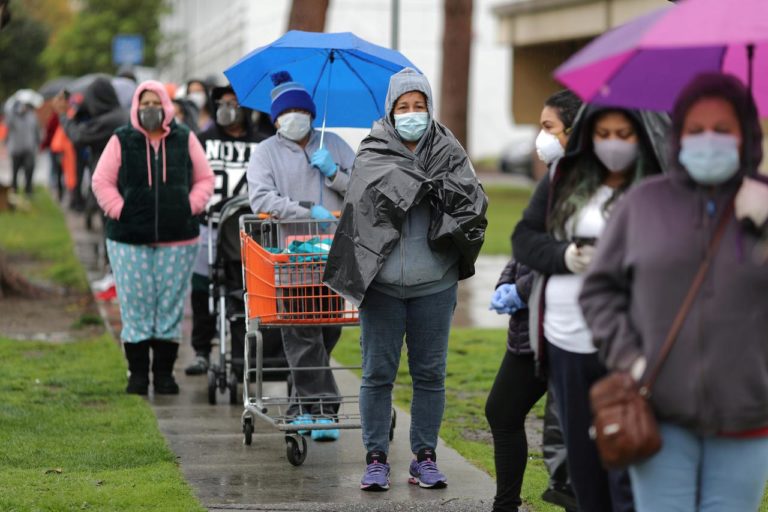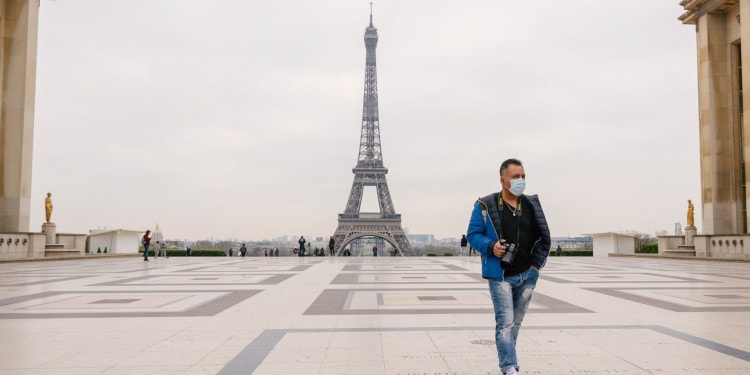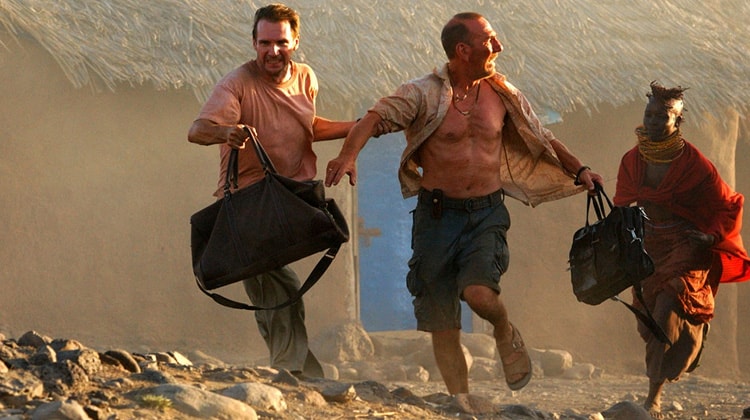The COVID-19 pandemic has laid bare the fragile economic, social and environmental underpinnings of our world today. Although we have access to advanced scientific and technological resources, as well as strategies for disaster preparedness, and despite repeated specific warnings about the risks of pandemics, the world was not ready when this virus struck.
On 11 March 2020, the World Health Organization declared COVID-19 as a global pandemic. Less than five months later, reported infections exceed 16 million — with over nine million people recovered — and reported deaths exceed 650,000, most of which were recorded in urban jurisdictions globally.
We are now in the midst of the worst public health and economic crisis in a century. The pandemic has shed considerable light on the vulnerability of health systems around the world, even those that were thought best prepared to face epidemics.
The opportunities and challenges of the urban world reveal that the success or failure of the road to recovery will rely on whether local and regional governments will employ progressive practices.
Around half of the global population faced strict lockdown measures at some point, halting a significant amount of manufacturing, travel and global trade. The drastic decrease of economic activities and limitations for physical interactions revealed sharp societal inequalities, the extreme vulnerability of informal economies and disadvantaged communities, the risks of weakened public services and the dependence on imported food and goods. The pandemic revealed the need for reserves for social investments in public budgets.

International Council for Local Environmental Initiatives’ (ICLEI’s) vision to embed a sustainable transformation into the recovery from the COVID-19 crisis
The responses and recovery measures to COVID-19 pandemic are already fundamentally differentiated from previous pandemics in history in terms of the availability, integrity and quality of information, the access to, and rapid deployment of technology, and the engagement and empowerment of local and regional governments both within their jurisdictions as well as through their collaborative efforts.
The opportunities and challenges of the urban world reveal that the success or failure of the road to recovery will rely on whether local and regional governments will employ progressive practices.
During the pandemic, communities and governments have recognized benefits of decreased air pollution, reduction of emissions of pollutants and waste, revitalization of natural assets, increased solidarity among communities, transboundary collaboration among institutions, decentralization and localization of food and energy production and public ownership of services. They have also experienced the value of global access to digital services and communication and the importance of multilevel governance in responding to crisis.
Examples of progressive measures by local and regional governments include quickly shifting their administrations into crisis management mode, investing in public services such as public, electric and non-motorized mobility, rapid digitalization of services, rolling out solidarity programs, intensive sharing of information among peers through their networks, and implementation of vision, principles and policies provided by global processes on sustainability, disaster risk reduction and sustainable urban development.
Communities, institutions and governments that recall experiences or lessons learned from previous epidemics, disasters, and crisis tend to be more responsive and resilient to the need for a change of mode of action in times of pandemic.
All signals indicate that COVID-19, just like other previous pandemics in history, will result in tectonic shifts in social values, economic sectors, technological infrastructure, and geopolitics. Over the medium and long term, we can expect major changes to transport, health, retail, food access and services, entertainment, education, hospitality, real estate services and sectors. The economic consequences, in particular ownership, sharing of revenues and taxation of these new sectors will also provide significant impacts in the technical and economical viability of local governments.
While human populations are dealing with the COVID-19 pandemic, extreme events are continuing to escalate such as the Arctic, going through an unprecedented 38 degrees Celsius in summer, and an increasing rate of species loss. In this moment, we have an opportunity: the global community can use the experiences of responding to the pandemic emergency as a catalyst to deal with the dual emergencies of climate and biodiversity loss.

We have experienced – at different rates locally around the world – that the COVID-19 pandemic response and recovery measures have gradually evolved from a health crisis agenda to resilience management and response and finally turning now towards our new, collective future: socially fair and economically viable sustainable development.
The question we face is – can the COVID-19 recovery process accelerate the transformation of human civilization from a fossil-fuel based, extraction-intensive, inequality-deepening model of the past centuries into a renewable, nature-based, shared and equity-based model that will offer fair-prosperity to all while respecting the planetary limits? Can we restore economic activity without simply restoring old patterns of environmental degradation and inequality?
This possibility will largely depend on how nations will reflect such transformative visions in their second national climate plans, in a global new deal for nature, and in the implementation of the Sustainable Development Goals, all of which need to be presumably more ambitious than their current status, if developed and implemented in collaboration with local and regional governments in the coming years.
Related Articles: COVID-19 Pandemic and Socio-Economic Development | Signs of Arctic Climate Change
The COVID-19 pandemic is demonstrating very clearly the necessity, value and benefits of sustainability in our daily lives. This is the essence of what ICLEI has advocated for and actioned locally across the world for over three decades, a proud and successful journey that preceded Local Agenda 21 and the first Rio Earth Summit in 1992. Today, the challenge of this global pandemic offers vast opportunities to expand and deepen collaboration with our Members and partners to holistically implement ICLEI’s five integrated pathways of sustainable development. The COVID-19 crisis demonstrates that risk is systemic, and that crises are of a cascading nature in the sense that they trigger further challenges which then are even more complex to address.
ICLEI is transferring experiences and lessons-learned from the first months of the COVID-19 pandemic into specific guidance for improved services to our network of local and regional governments. ICLEI teams have been engaged in a wide variety of efforts of sharing information and tools and providing technical support to local governments during the crisis. ICLEI’s 24 offices around the world have rapidly adapted to the new reality of the COVID-19 pandemic and redesigned most of their services, projects and initiatives. In addition, ICLEI is releasing regionally-appropriate resources, strategies and tools to respond to the pandemic and build back better in recovery.
Medium term measures focus on improving our resilience pathway by introducing guidance on the response to and recovery from pandemics, development of our equitable and people-centered pathway to demonstrate the benefits of sustainability services to reduce inequalities, and enriching tools and programs for innovative financing mechanisms.
Towards the ICLEI World Congress 2021, ICLEI will continue to strengthen its mission and strategy of the five sustainable development pathways for our Members and network. ICLEI, as a global, regional, and national solutions-provider that supports implementation of sustainable development at local and regional levels, follows a clear vision and an action plan, supported by an innovative and collective Membership.
The impact of our network’s work contributes – quantitatively and qualitatively – to the enhancement of the well-being of people, to the preservation and restoration of our planetary ecosystem and to offering fair livelihoods and a place to call home for all.
ICLEI’s COVID-19 response resources: https://iclei.org/en/covid19_resources.html
—
About the Author: Gino Van Begin has been the distinguished Secretary General of ICLEI since 2013. Before that, he served as ICLEI Regional Director for Europe and as Deputy Secretary General. He has ensured ICLEI performs as a responsible, forward-looking, not-for-profit local and regional government organization serving its Members worldwide.
Editor’s Note: The opinions expressed here by Impakter.com columnists are their own, not those of Impakter.com. — In the Featured Photo: A photographer captures Paris’ most famous and empty tourist attraction amid COVID-19 state closures. — Featured Photo Credit: ICLEI









